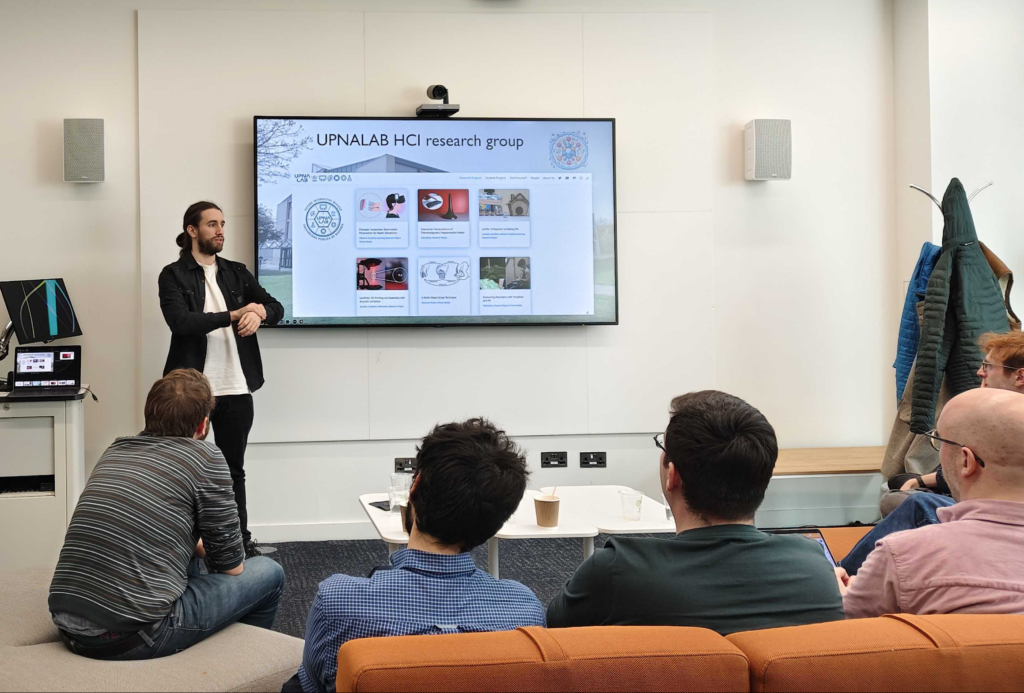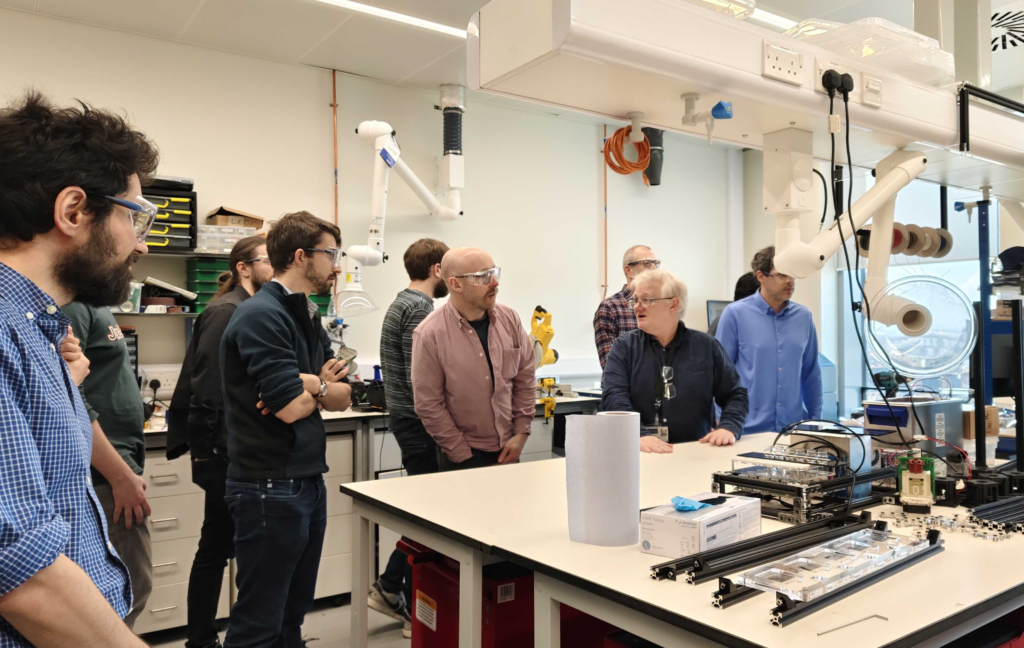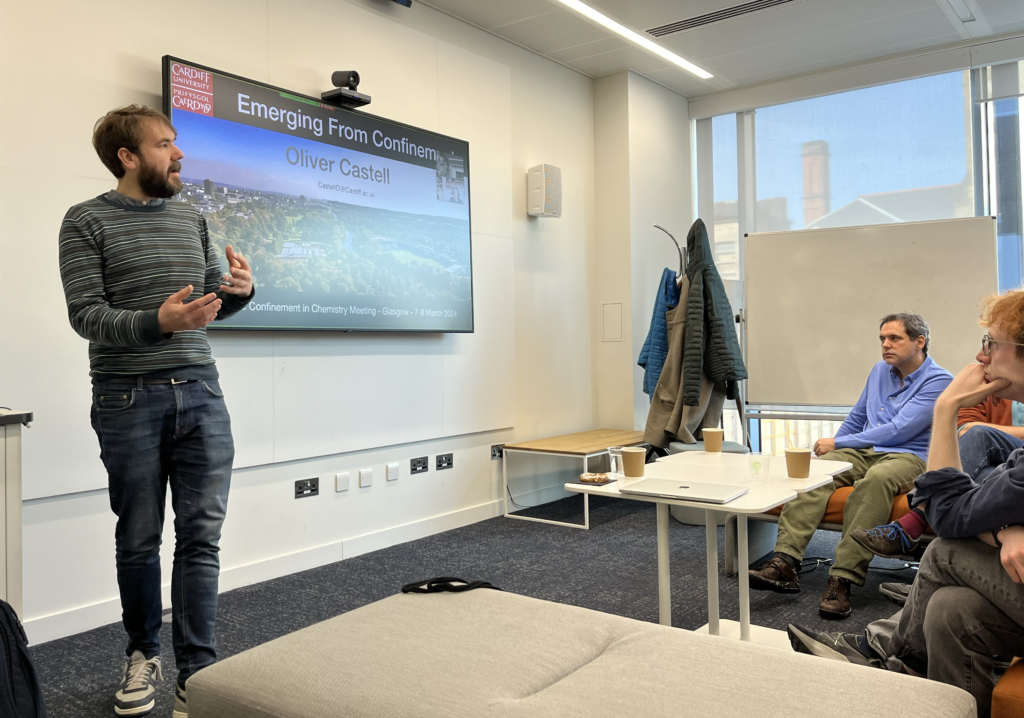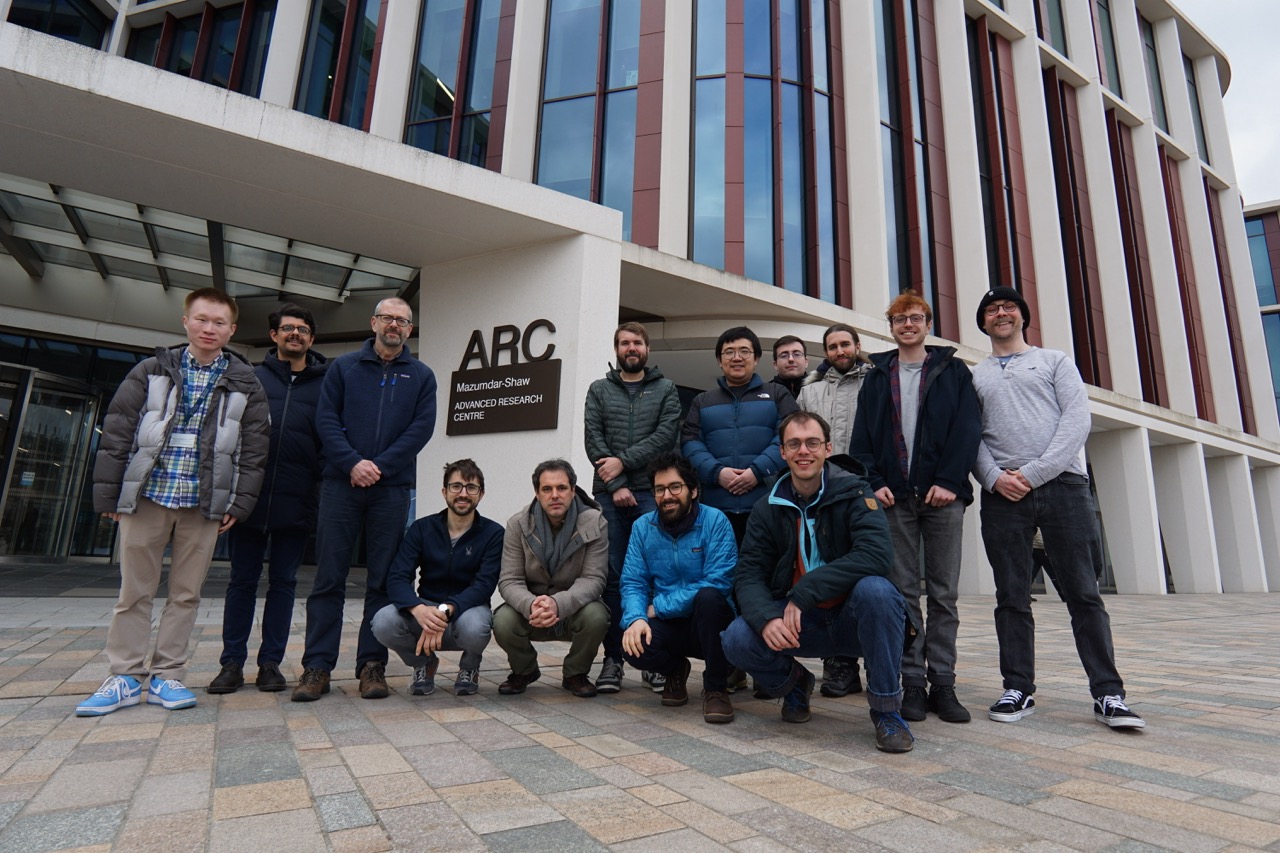Earlier this month I organised my first research workshop. Why did it seem like a good idea; what were the main ideas behind the workshop; and how did it go? Let me share the answers to these questions while my memory is still fresh.
Fellow scientist will be familiar with the perks of our job, the moments of learning, discovery, and sharing that keep us going. Somewhat paradoxically, though, one aspect of academic life that I rarely look forward to is going to conferences.

It may be my short attention span or introverted character, but I’ve found it difficult to enjoy the prevalent maximalist approach to conferences: hundreds of participants often in cliques, countless hour-long talks across multiple tracks, and sessions fuelled by coffee and stretching into the late evening. I often end up coming back confused and exhausted, only remembering the first keynote perhaps and a couple of awkward nods at coffee break.
When the Royal Society of Edinburgh (RSE) funded my proposal for an interdisciplinary research workshop, it seemed like the perfect opportunity to channel these conference gripes into a new more minimalist format focusing on a different set of goals:
- Small, interdisciplinary crowd: We wanted to avoid the idea of most participants being nameless strangers to each other. Not only would everyone get to meet each other regardless of their career stage, they would also get a chance to share their unique trajectory.
- Interactivity: No keynotes; everyone given 10 minutes to introduce themselves, with another 10 minutes to pitch an interesting research challenge to the audience or vice versa.

- Trust: Having your ideas-in-progress “scooped” at conferences is not an unfamiliar experience. Can overlap in research interests be channeled towards collaboration rather than competition?
- Looking forward: Rather than showcasing achievements, we wanted everyone to share just enough of their background and areas of interest to catalyse forging new collaborations and sketching joint projects.
- Challenging comfort zones: Everyone should feel slightly outside the comfort zone of their expertise so the discussion is not dominated by one group or field, and ideas can flow freely.
- Removing financial barriers: Registration, travel and accommodation expenses often stop students and early career academics from attending. Generous RSE funding allowed us to subsidise their participation resulting in a more even mix of career stages.

Who participated?
Researchers from 5 European universities came to Glasgow. We also had a good spread of disciplines, including human computer interaction, non-destructive testing, microfluidics, complex systems, physical acoustics, and various flavours of chemistry.
Organisation details
A quick rundown that might be useful for anyone planning a small interdisciplinary academic event:
- RSE Research Workshop application was submitted 28th March 2023 and awarded 8th June 2023.
- Before submitting, I spoke to collaborators in Bristol and Pamplona, who kindly agreed to be core participants.
- With their input, I made a shortlist of UK and Europe labs that may interface with or be interested in the workshop theme
- Initial dates and draft list of participants: October 2023
- November and December were busy months, so I only got round to booking rooms in the ARC building in January. It was almost too late but we managed to find rooms/times that worked. Note to self: Don’t underestimate the level of activity in the ARC.
- A month before the event, I booked catering via the University. We also booked everyone’s hotel rooms, which was painless once we had final confirmation from participants.
How did it go?
To summarise my point of view, this was one of the most fun events that I have ever taken part in. Beyond preparing a brief draft agenda (available here), there was very little organisation to do, with just enough structure to set things in motion initially. From the beginning, discussions flowed naturally and everyone seemed bond quickly. The programme was spontaneous and dynamic, without ever feeling chaotic.

Verbal feedback from participants during the workshop was very encouraging, and our online feedback form was filled with positive comments.
Acknowledgements
This workshop would not have been possible without the Royal Society of Edinburgh’s Research Workshop grant. Without the RSE’s reputation and generous financial backing to support us, it is difficult to imagine bring such a diverse crowd of interdisciplinary research leaders to Glasgow.
I would like to thank Prof Bruce Drinkwater and Dr Asier Marzo for their support and advice. Their contributions predate the grant application that made this workshop possible.

Leave a Reply
You must be logged in to post a comment.